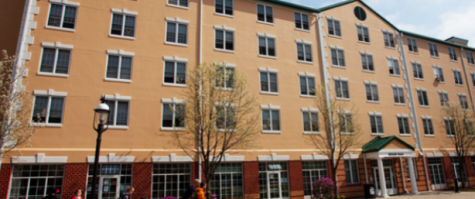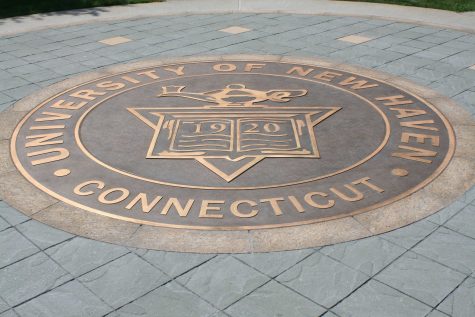Press Rewind on Remote Learning: Why Zoom Classes Are Not the Best Solution
Imagine carefully crafting the optimum schedule with intriguing courses, paired with those annoying courses that you need to cross your t’s and dot your i’s on your degree, and just enough free time for extracurriculars on campus, a decent amount of sleep, and breathing room to be a young adult, in general.
Now imagine matching that same schedule to an entirely different environment without reliable internet or technology, no access to a library or café in which to work diligently, and familial demands that reduce your availability. This is what the University of New Haven students face with the upcoming semester as they switch to remote learning, and the solution of holding virtual classes on Zoom is not the most logical or efficient solution.
Zoom, an application for video conferencing, is dominating not only campuses in remote learning but also regular 9-to-5ers who need to communicate.
Zoom is not the problem. In fact, I have found Zoom extremely beneficial and reliable for the purposes of quick meetings or free discussions. The issue lies in lecture-based classes, which range from just under two hours to three or more hours, depending on the course.
As a student who has taken a handful of online classes even while on campus, I’ve found those classes are designed to successfully engage conversation and interact with PowerPoint-based lectures, not by pointlessly staring at my professor on a screen for hours at a time. Perhaps Zoom classes are perfect for small groups that are likely to engage, but if a professor knows she or he will lecture at blank-staring faces or black screen with names on them, why not upload their content into PowerPoints and add their elaborations through voice-overs? This is especially crucial to accommodate students who lack reliable access to the internet, as this allows them to go back to the lecture and complete their work when their connection allows.
Even for students with access to technology, BlackBoard has crashed numerous times, which is most likely due to the stress on the server as all undergraduate and graduate students try to access their classes. Professors must be innovative in altering their classes into the most efficient option that optimizes learning, not the simple switch to Zoom.
In this historic time, if our academic community fights virtualization with torches and pitchforks, our students will not get the most out of their education. As students raise the volume on their concerns, we must press rewind on the current remote learning strategies. Charger Nation is resilient and will pull through regardless, but there are means to reduce their struggles that need to be taken.

Kelly Adkins is a senior communication major with a concentration in journalism. Kelly has been a contributing writer for the Charger Bulletin since 2019...









